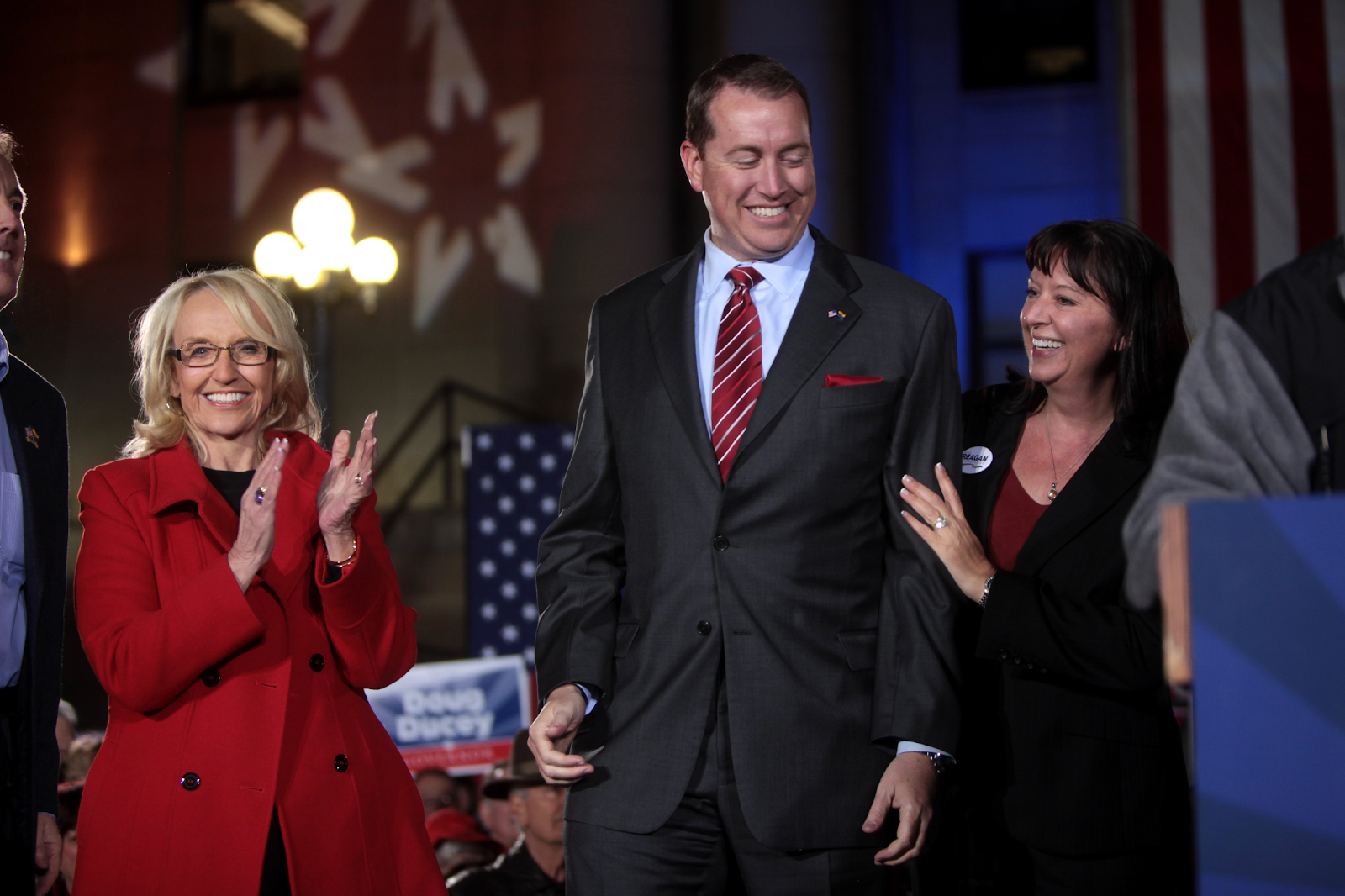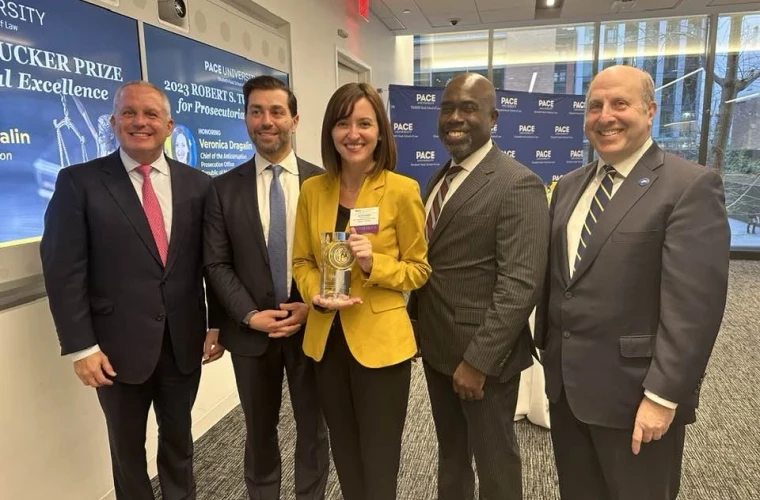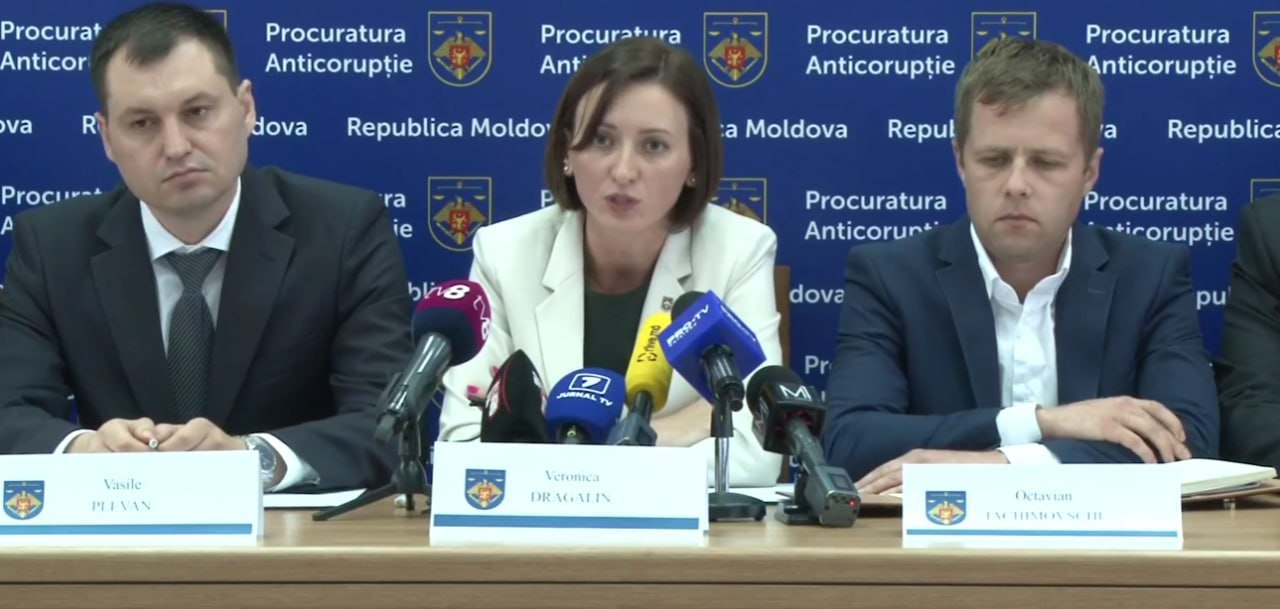The name Toby Lowe may not immediately ring a bell for most people, but his work and ideas have made a significant impact on the way we approach complex problems, particularly in the context of public policy, social change, and leadership. A key aspect of his professional philosophy is the exploration of “degrees” — a term that can take on many meanings depending on the context. From the study of the academic “degrees” people earn, to the “degrees” of change or influence one can have, Toby Lowe’s ideas help illuminate how these concepts play a role in the world today.
This article takes a deep dive into Toby Lowe work and the significance of the term “degrees” as it relates to both his academic contributions and the broader socio-political discourse. We will explore how Lowe’s work ties into the evolving conversation about systems change, leadership in the public sector, and the ways in which we measure, categorize, and conceptualize degrees of impact, knowledge, and transformation.
Who is Toby Lowe?

Toby Lowe is a researcher, educator, and thought leader in the field of public policy and systems change. His expertise lies in understanding how public services and organizations can be designed to better serve communities and respond to complex challenges. Lowe is well-known for his contributions to the field of public management and for his work around “complexity” in social systems. He is also one of the leading proponents of “systems thinking,” an approach to understanding the interrelated components of a system and how they interact with each other.
Lowe’s background spans both academic and practical realms, allowing him to address some of the most pressing issues facing modern society, including poverty, inequality, climate change, and public health crises. His work emphasizes a shift away from traditional top-down approaches to governance and public service delivery, advocating instead for more collaborative, adaptive, and inclusive methods.
The Concept of “Degrees” in Toby Lowe’s Work

When we talk about “degrees” in the context of Toby Lowe philosophy, we are not simply referring to academic degrees (e.g., bachelor’s, master’s, or doctoral qualifications). Rather, Lowe has explored the idea of “degrees” in a broader sense: the degrees of impact, change, and influence that individuals and organizations can have on complex societal problems. This is especially relevant in the world of public policy, where the outcomes of any given intervention or decision are rarely straightforward or easily measurable.
1. Degrees of Change in Complex Systems
Lowe’s work frequently delves into how systems—especially social systems—are complex and dynamic. In these systems, change rarely happens linearly or in predictable ways. In fact, the degree to which any action or intervention can affect a system is often uncertain and depends on various variables. This brings us to one of the key ideas in Lowe’s research: the concept of change and the “degrees” of transformation that occur in complex systems.
In this sense, “degrees” refer to the varying levels or extents to which actions or interventions can affect change within a system. A small intervention might create minor changes, while a large-scale initiative could have far-reaching impacts. However, the actual impact of any intervention is difficult to measure with precision, especially when the system is so interconnected and multifaceted.
For example, in addressing issues like poverty or homelessness, the “degree” of success of a policy intervention cannot always be quantified in simple terms. Public policies might affect one part of the system (e.g., healthcare access), but have unforeseen consequences in other areas (e.g., housing markets or employment). Toby Lowe advocates for a more nuanced understanding of these complexities, calling for adaptive strategies that allow for a more flexible, responsive approach to solving these problems.
2. Degrees of Leadership and Influence
Another important way in which “degrees” plays a role in Toby Lowe’s work is through the lens of leadership. Lowe frequently addresses the role of leadership in driving societal change, particularly within public organizations and government institutions. He argues that leadership in public service should not simply be about exercising power or authority; rather, it is about influencing systems at various degrees.
“Degrees of leadership” refer to the various levels or types of influence leaders can have within an organization or in society at large. Lowe is particularly interested in the idea that effective leadership is not solely about having formal power but about shaping and navigating the complexity of the systems in which leaders operate. The “degree” of leadership is less about hierarchical position and more about the capacity to influence and guide systems toward positive change, especially in areas that affect marginalized or vulnerable communities.
Lowe’s approach to leadership is grounded in the idea of adaptive leadership—a leadership style that is flexible, responsive, and capable of addressing the unforeseen challenges that arise in complex environments. Leaders who adopt this mindset are able to scale their influence in varying degrees, depending on the situation at hand. For example, they may lead by empowering others, enabling collaboration, or even making difficult decisions in times of crisis.
3. Degrees of Knowledge and Expertise
In the world of academia and public policy, “degrees” often refer to educational qualifications—like bachelor’s, master’s, or doctoral degrees—that individuals earn through formal education. However, Toby Lowe challenges traditional thinking about expertise and knowledge. Instead of viewing expertise as something that is hierarchical and fixed (based solely on formal degrees or qualifications), he advocates for a more flexible, inclusive understanding of knowledge and expertise.
In this context, Lowe speaks to the “degrees of knowledge” that individuals bring to the table in solving complex problems. Knowledge should not be seen as the exclusive domain of highly educated individuals or experts but as something that is distributed across communities and stakeholders. People living with the issues at hand—whether it be poverty, inequality, or climate change—often possess invaluable insights that can contribute to the development of solutions.
For Lowe, recognizing the “degrees of knowledge” within a community means valuing lived experience and practical wisdom alongside academic expertise. By democratizing the creation and sharing of knowledge, Lowe believes we can generate more innovative, effective solutions to the complex problems we face.
Applying “Degrees” to Public Service and Policy

One of Toby Lowe’s main arguments is that public service organizations and governments need to embrace the idea of complex, adaptive systems if they are to effectively address the pressing issues of the modern world. The degree to which any intervention in public policy works depends on the systems in which it is implemented and the various actors involved. This is why it is important to look at the “degrees of impact” that different interventions can have, especially in sectors like healthcare, education, housing, and social services.
For instance, when designing a public health intervention, policymakers might consider the degree to which it impacts different aspects of the system. If the intervention primarily addresses one issue, such as access to healthcare, but fails to consider the social determinants of health, its effectiveness may be limited. On the other hand, an intervention that takes a more holistic approach, addressing a broader range of factors (like housing, nutrition, and employment), may have a deeper and more lasting impact.
By recognizing and analyzing these different “degrees” of influence—whether they are related to impact, leadership, or knowledge—Toby Lowe’s work helps policymakers, public service leaders, and organizations create more nuanced, adaptive strategies that can better address the complexity of the challenges they face.
Conclusion: A New Lens for Addressing Complex Challenges
Toby Lowe exploration of “degrees” offers a transformative way to think about public service, leadership, and systems change. Whether discussing the “degrees of impact” of a policy intervention, the “degrees of leadership” necessary to drive change, or the “degrees of knowledge” within a community, Lowe emphasizes the importance of recognizing the complexities and interconnectedness of the systems we are trying to change.
In a world where challenges like inequality, climate change, and public health crises are becoming increasingly urgent, understanding the concept of “degrees” in its many forms provides a valuable lens for tackling these problems. By embracing a systems-thinking approach, fostering adaptive leadership, and democratizing knowledge, we can begin to make meaningful strides toward addressing some of the most pressing issues of our time.























